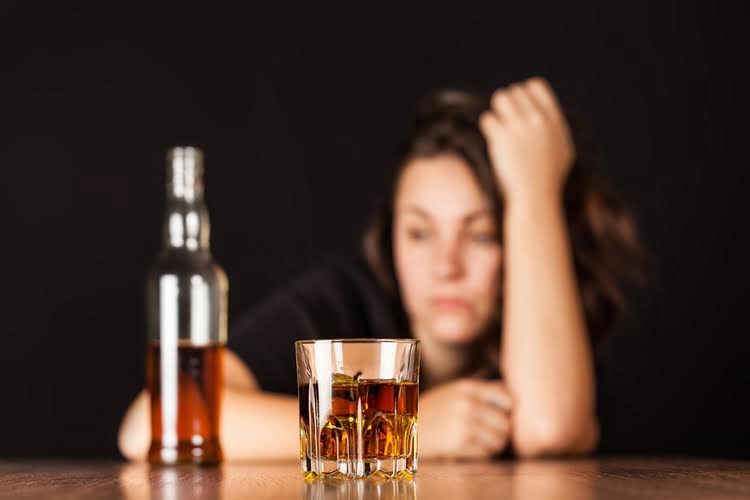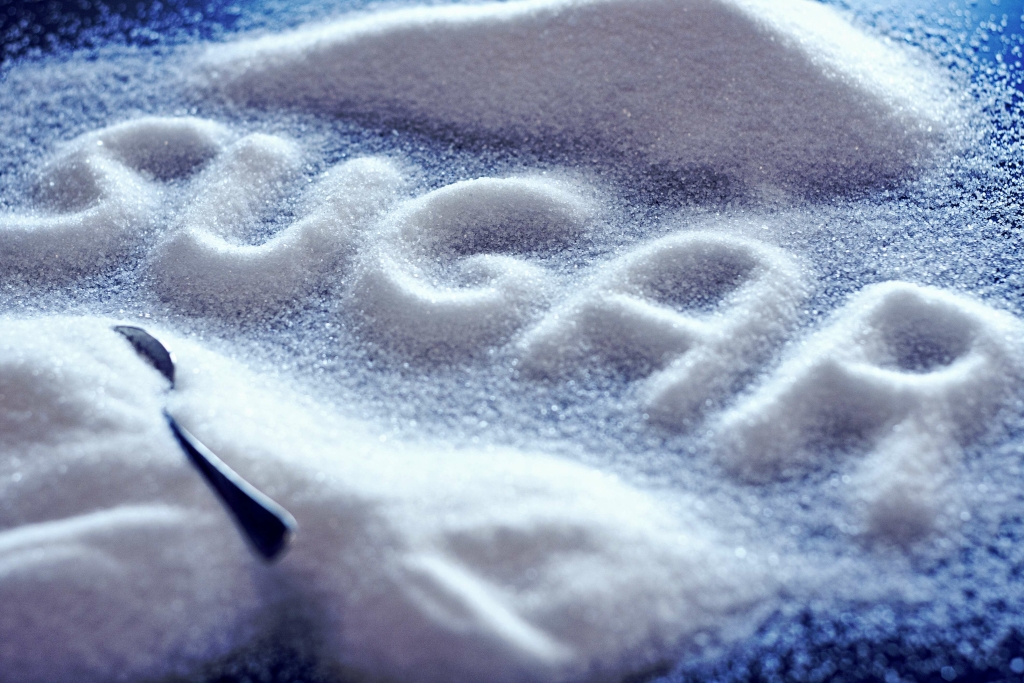
INDENIZAÇÃO AOS PROFISSIONAIS DA SAÚDE EM RAZÃO DA COVID-19
01/09/2022Гатшот в покере как его правильно разыгрывать?
10/02/2023We do not offer individual medical advice, diagnosis or treatment plans. For personal advice, please consult with a medical professional. Prepare yourself for those times when someone is going to offer you a drink.
Treatment Options for Alcohol Abuse
It’s a judgment-free community where you can feel comfortable asking questions and getting the motivation you deserve as you make progress with learning how to stop binge drinking. This reduces cravings for alcohol when used consistently (i.e., each and every time the person drinks). Alcohol impacts both the brain and body, leading to short- and long-term health risks. In the brain, it slows down communication, affecting memory, decision-making, and coordination. Over time, heavy drinking can cause cognitive decline and increase the risk of mental health issues like anxiety and depression. What happens if you can’t control your alcohol use with these techniques?
Remove access to alcohol

Drinking alcohol can become a habit that affects your health, relationships, and daily life. Whether you’re drinking heavily or just looking to cut back, making the decision to stop drinking alcohol is a big change. Alcohol support services, family and friends, and new hobbies can all play a role in helping you stay on track. If you’re concerned about substance abuse or feeling tempted to drink, understanding the right steps can make a difference. In this guide, we’ll outline practical ways to create alcohol-free days, build more support, and make a lasting, positive change. Binge drinking can quickly spin out of control despite best efforts to drink in moderation or stay sober.
How Do I Manage My Drinking? A This Naked Mind Guide to Taking Control
Instead of succumbing to regret and humiliation, simply resume your plan. Once you’ve stabilized your drinking for one week, you may gradually reduce your intake. Start by lowering your daily alcohol consumption by 10 percent. If you regularly consume 20 units of alcohol per day, consider dropping this to 18 units. Continue drinking at this lowered level for four days, then attempt to reduce your intake by an additional 10 percent.

Where can I find professional support to stop drinking?
- Quitting alcohol alone is harder for some than others, but there’s no need to go it alone.
- Your liver can start to heal, your risks of heart disease and cancer go down, and you may begin to sleep better.
- Always seek the advice of your physician or other qualified health provider with any questions you may have regarding a medical condition or treatment options.
- Once you’ve been logging your drinks for a week or two, take some time to review your records and analyze your drinking patterns.
What’s most important is to look at your drinking habits and find a way to cut back that works for you. But maybe you’re unsure about quitting completely and don’t want to hold yourself to that goal. If you’re having trouble doing the same things you used to do, try new hobbies to fill your time. Join a gym, learn a new skill, or find sober social groups you can enjoy. You’re likely to be in situations where you’ll be offered a how to control drinking drink.

Acknowledge the craving, but remind yourself of your goals and reasons for cutting back. To gain a better understanding of your drinking habits, start tracking your alcohol consumption. Keep a journal or use a mobile app to record how much and how often you drink. Note the situations, emotions, or triggers that lead you to reach for a drink.
Acknowledging the Problem and Setting Your Intention
- The medication blocks the endorphins that are normally released when a person drinks alcohol.
- Whether you’re sober curious, know for sure you’re ready to quit, or fall somewhere in between, Dr. Streem shares advice for how to stop drinking.
- Seeking help can prevent long-term damage and support recovery.
- A key aspect of abstinence is understanding and navigating through the withdrawal process – a daunting task indeed but necessary for recovery.
- Also, consider your health – excessive drinking can lead to serious conditions like liver disease or heart problems.
Both avoiding and distraction can work well, but if that’s all you do, they can leave you tired and fearful of urges. To overcome urges and not be fearful of them, you’ll need more advanced methods. You’ll need to experience the urge, but not act on it, until the urge lessens and goes away. If you turn to alcohol to ease anxiety, try exercise as a healthy alternative. If you identify with any of the scenarios above, try the expert tips below for reducing your alcohol consumption (or even eliminating it altogether).
Avoid the Hard Stuff
You don’t have to leave the house to get support from other people who understand and respect what you’re trying to do. If you drink to ease the pain of loneliness, then make a conscious effort to connect with others. Alcoholics Anonymous cautions its members not to get too hungry, angry, lonely or tired—all of which can make you more vulnerable to the urge to drink. Find activities that are mentally and emotionally nourishing and bring you joy, and identify ways to connect socially with friends, says Witkiewitz. “Try doing a ‘dry’ month like Dry January, Go Dry for July or Sober October,” says Moore. In January 2020, more than 6 million people reportedly participated in Dry January, a campaign to reduce alcohol consumption organized by what is Oxford House Alcohol Change UK.
